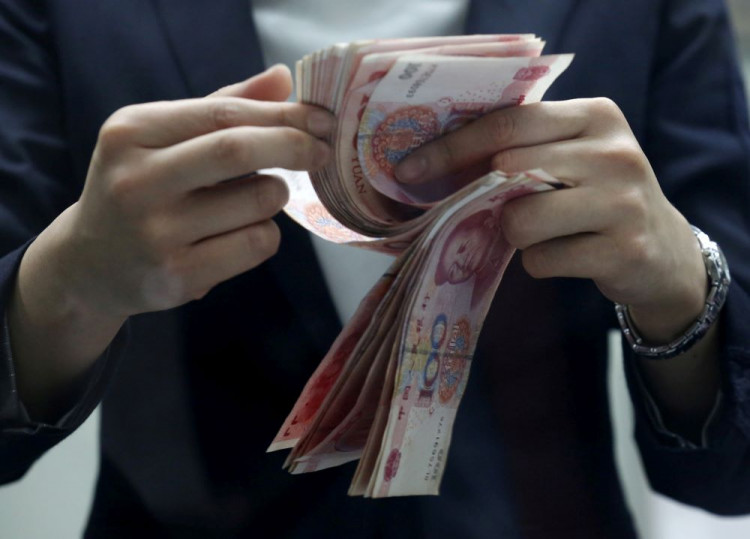China's foreign exchange reserves surprised with a slight uptick in August, rising by $3.5 billion to $3.1072 trillion.
The increase may only be "slight" in market terms but it is significant amid the country's ongoing trade dispute with the United States.
The country has always been the holder of the biggest foreign reserves compared to any country in the world. Not even the U.S. can best the People's Bank of China in forex reserves.
China's increase in August forex reserves beat expectations of economists polled by Reuters. The analysts estimated China to cut as much as $4 billion in its forex reserves, expecting it to only be about $3.100 come August. Reuters said economists believe Chian's reserves would be affected by the global decline in exchange rates and the prices of foreign bonds that China owns by July.
Instead, China has proven once again its resiliency against market headwinds that may come it's way, trade wars included. The jump in its forex reserves in August was because the local government has been effective in balancing international payments, thereby sustaining its robust economic activities.
Ever since the trade disagreement started last year, analysts have always been keen to point out that China's economy would be less affected compared with how the conflict would impact the U.S. economy. This general view was rooted in that, as mentioned, China holds the largest foreign reserves in the world. It has more capital to spend, therefore more cushion to provide for its economy.
The country's effective balancing of its forex reserves could be attributed to how well the local government is monitoring its interbank forex market. For example, if companies were to exchange renminbi into foreign currency, they would have to prove first that the transaction is strictly for business.
Even with its hands-on control of its forex reserves, more recently, the local forex regulator allowed three brokerages to trade for the interbank foreign exchange market. The Citic Securities Co., Huatai securities Co., and China Merchants Securities Co. have received approval from the State Administration of Foreign Exchange last week.
The move of allowing non-bank players into the forex trading market would open more space for the liquidity of the market, according to Guan Tao, former director of foreign exchange regulator's Balance of Payments Department.
Meanwhile, as of February this year, the U.S. is holding foreign exchange reserves of $126 billion.





